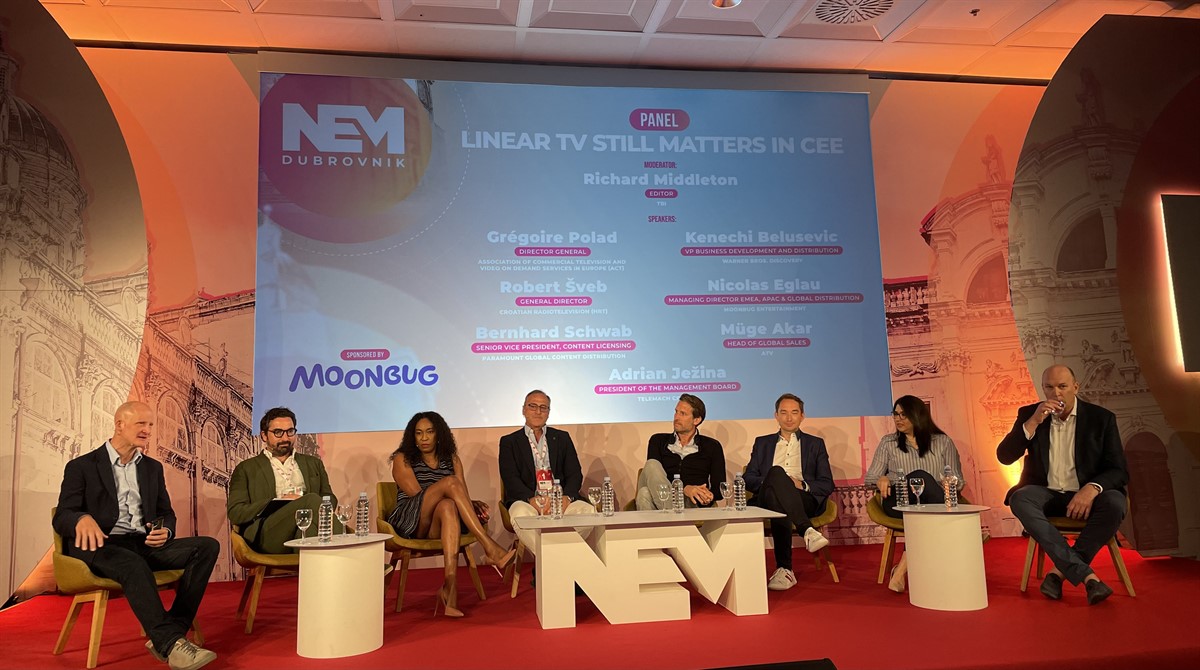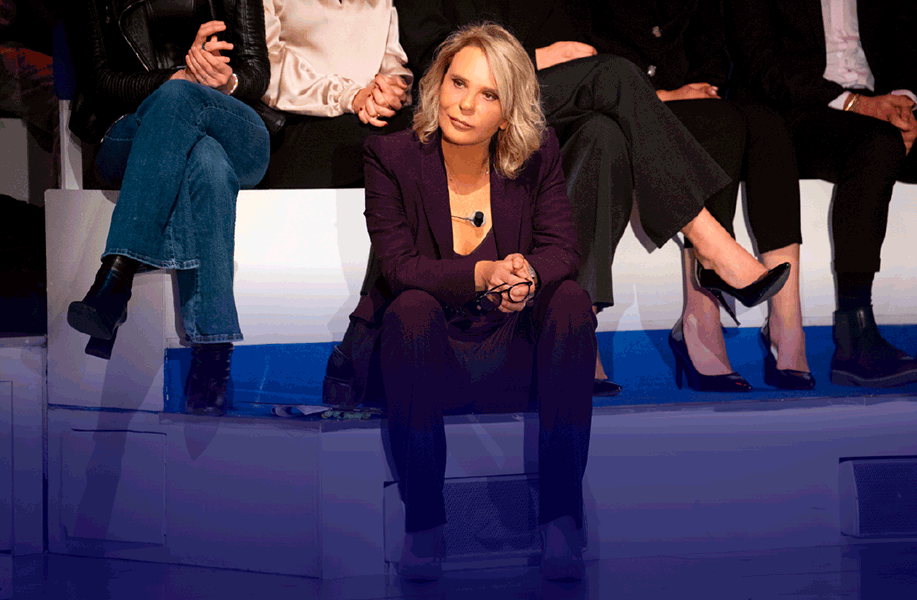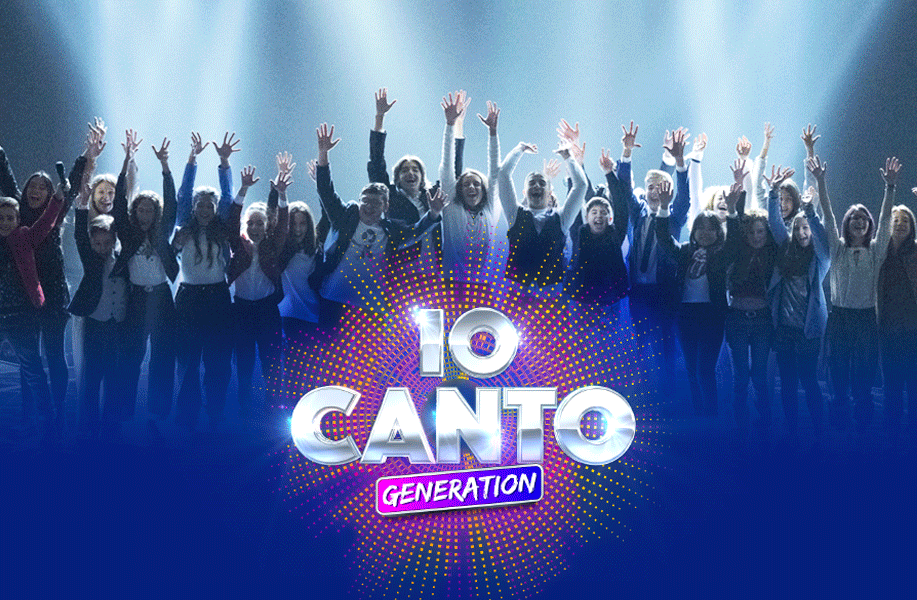At the panel discussion moderated by Richard Middleton, Editor of TBI, industry leaders gathered to debate the continuing relevance and evolution of linear TV in Central and Eastern Europe (CEE). The session highlighted that, despite the rise of streaming platforms, linear TV maintains a robust presence in the region, particularly in countries like Croatia.
The Enduring Strength of Linear TV in Croatia
Robert Šveb from Croatian Radiotelevision (HRT) emphasized that linear TV remains a staple in Croatian households, with sports content being a significant driver of viewership. "Sports are still the main topic," he noted, underscoring that live events and sports broadcasts are crucial to maintaining the audience's interest.
Kenechi Belusevic of Warner Bros. Discovery highlighted the synergy between content and technology. "The point is still the content," he stated, elaborating that while having a vast library of content is essential, offering a variety of genres to cater to different demographics is equally important. Belusevic explained that Warner Bros. Discovery aims to cover diverse demographics with a wide range of programming, emphasizing that "technology also is the key."
Bernhard Schwab from Paramount Global Content Distribution discussed how their strategy involves a balance between linear TV and digital platforms. "We work with linear TV and digital," he said, explaining that they provide a mix of on-demand movies and free-to-air linear content. This dual approach ensures they cater to both traditional TV audiences and the growing number of digital viewers.
The panel agreed that one of the challenges for linear TV is adapting to changing demographics and staying competitive. Moderator Richard Middleton posed a crucial question: "How do you see the changes?" The consensus was that linear TV must evolve to remain relevant. This includes tailoring content to different demographic groups and integrating new technologies to enhance the viewing experience.
Adrian Ježina from Telemach Croatia highlighted that the future of linear TV lies in its ability to innovate and integrate with digital services. "The technology side of the business is becoming increasingly important," he noted, pointing out that advancements in streaming technology and on-demand services will play a significant role in shaping the future of linear TV.
The panel concluded that linear TV continues to play a significant role in the CEE region, particularly in Croatia. However, its future success depends on its ability to adapt to technological advancements and changing viewer preferences. By leveraging a combination of diverse content and innovative technology, linear TV can remain competitive in an increasingly digital landscape.













